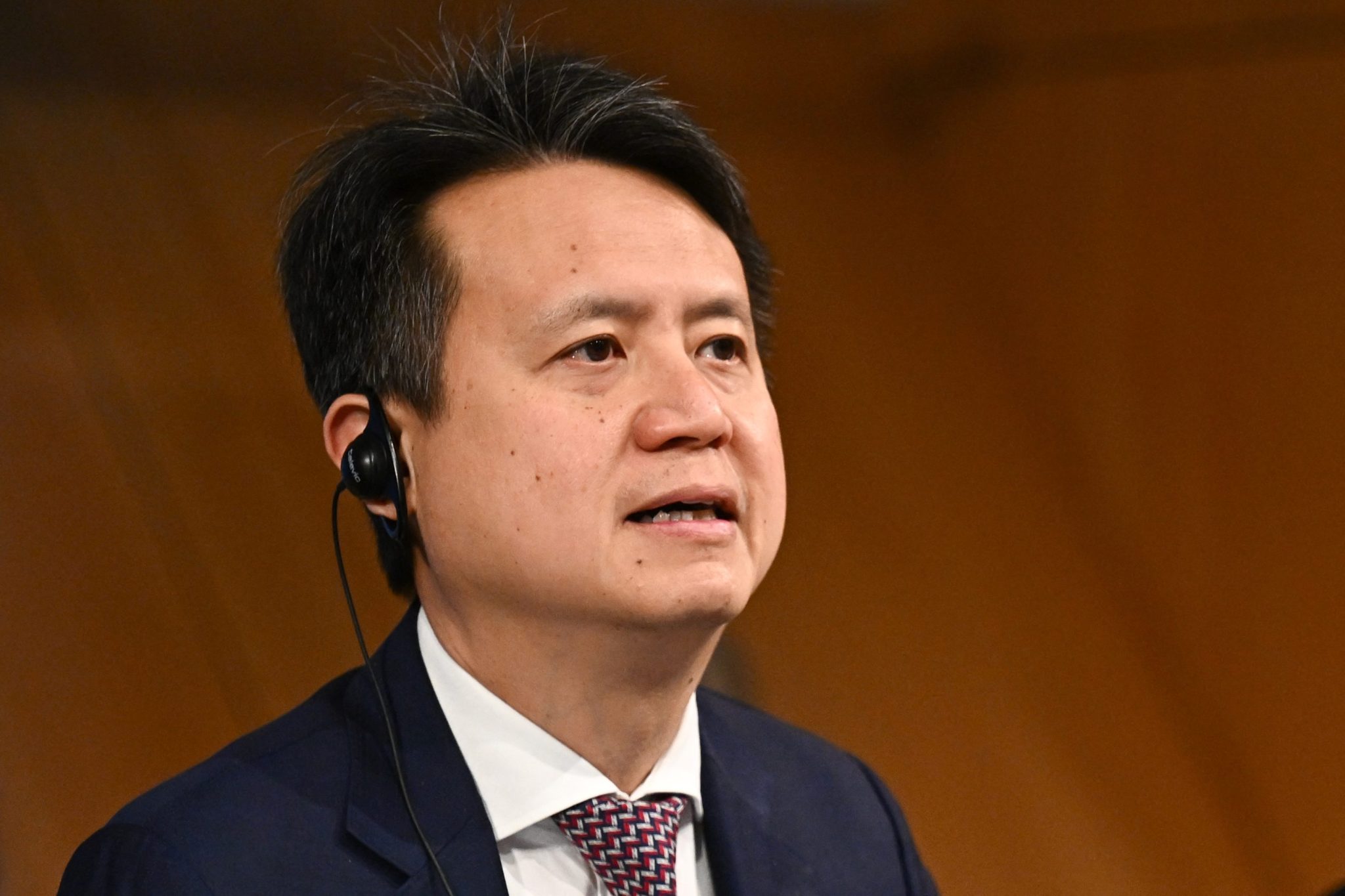China has requested far more patents than any other country when it comes to generative AI, the U.N. intellectual property agency said Wednesday, with the United States a distant second.
The technology, which offers the potential to boost efficiency and speed up scientific discoveries but also raises concerns about jobs and workers, was linked to about 54,000 inventions in the decade through 2023, the World Intellectual Property Organization reported.
More than a quarter of those inventions emerged last year — a testament to the explosive growth and interest in the technology since generative AI vaulted into broad public consciousness in late 2022, WIPO said.
The new report on patents, the first of its kind, aims to track patent applications as a possible indication of trends in artificial intelligence. It focuses only on generative AI and excludes artificial intelligence more broadly, which includes technologies like facial recognition or autonomous driving.
“WIPO hopes to give everyone a better understanding of where this fast-evolving technology is being developed, and where it is headed,” WIPO Director-General Daren Tang told reporters.
Over the decade starting in 2014, over 38,200 generative AI inventions came from China. That’s six times more than from the United States, which had nearly 6,300. They were trailed by South Korea with 4,155, Japan with more than 3,400 and India with 1,350.
GenAI helps users create text, images, music, computer code and other content through the use of tools including ChatGPT from OpenAI, Google Gemini and Ernie from China’s Baidu. The technology has been employed by many industries including the life sciences, manufacturing, transportation, security and telecommunications.
Some critics fear that GenAI could replace workers in some types of jobs or improperly take human-generated content without fair or adequate compensation to the people behind it.
As with other types of patent applications, WIPO officials acknowledge that the quantity of GenAI patents doesn’t indicate quality. It’s hard to tell so early in the technology which patents will have market value or be transformative for society.
“Let’s see how the data and how the developments unfold over time,” Tang said.
The U.S. and China are often seen as rivals in the development of artificial intelligence, but by some measures U.S. tech companies are taking the lead in making the world’s most cutting-edge AI…
Click Here to Read the Full Original Article at Fortune | FORTUNE…


